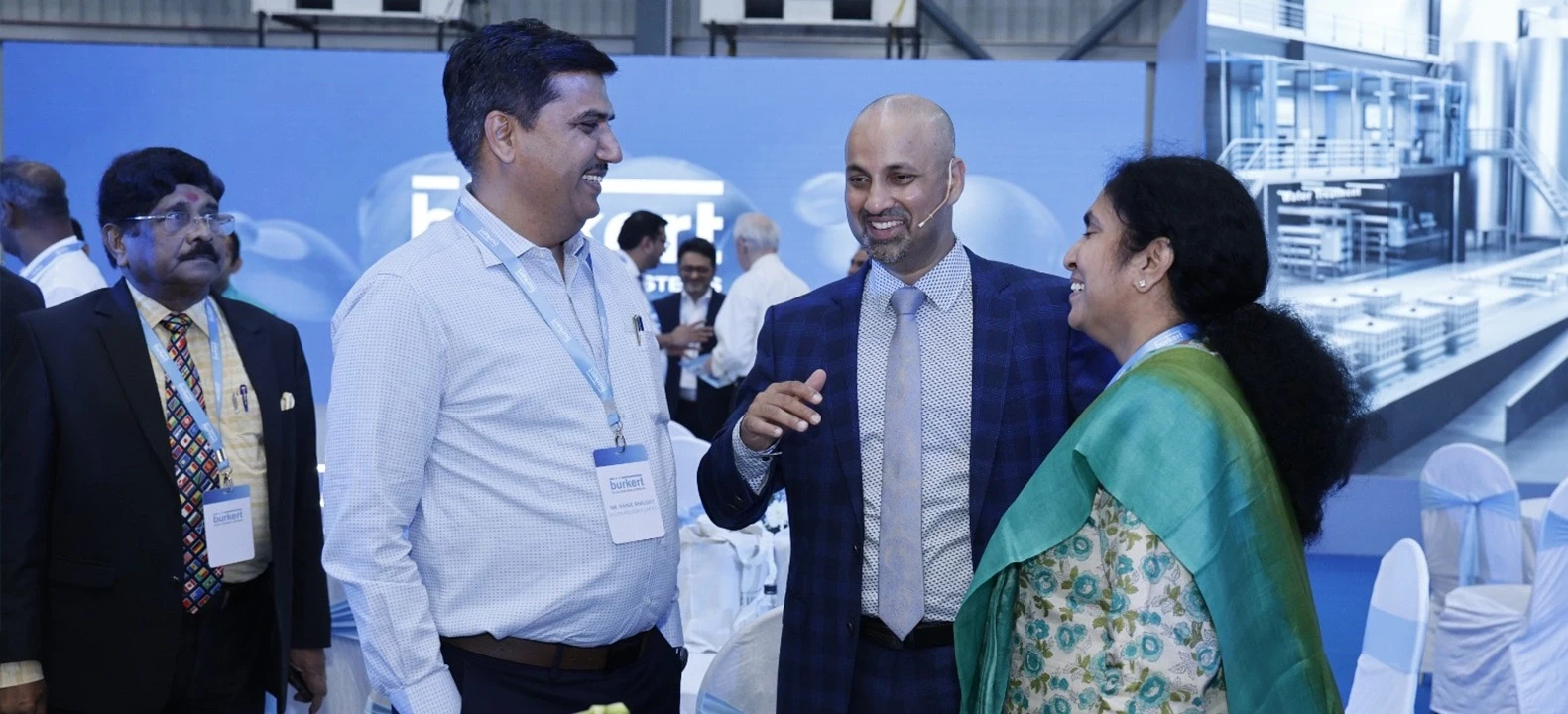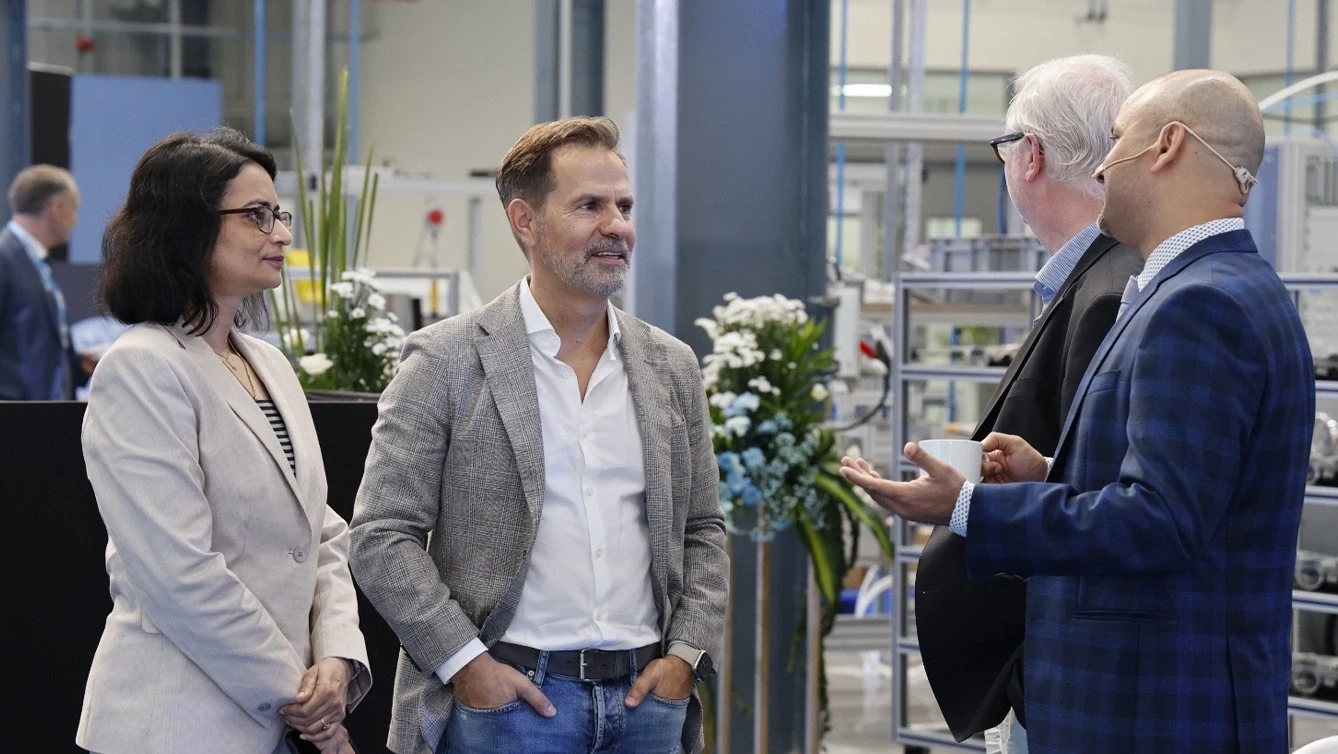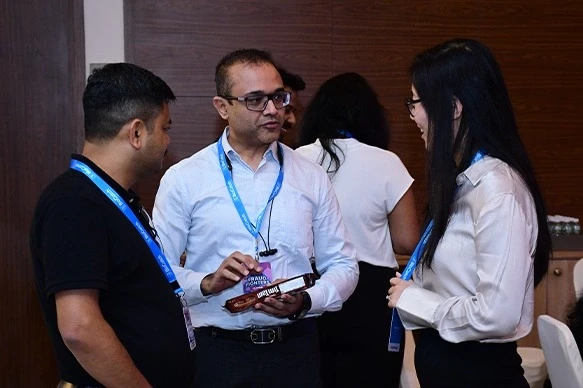There’s something irresistible about an event that hums with synergy: where every speaker’s words land, every delegation feels valued, and the energy in the room sparks creativity rather than dead air. The kind of corporate event Fortune 500 companies deliver—but done well in India, with its unique mix of culture, logistics, and expectations.
At SKIL Events, we’ve helped dozens of organizations—from multi-nationals to fast-growing domestic brands—pull off events in Delhi, Mumbai, Gurugram, Goa, and beyond, that look seamless, feel memorable, and achieve business goals. Whether it is annual off-sites, dealer meets, product launches, or corporate team building events, our experience proves that pulling from Fortune-level strategies, adapted for the Indian context, can set your event apart. Here are time-tested corporate event planning tips that actually work—and how SKIL Events weaves them into each project.
What Fortune 500s do: Before anything, they define 2–3 measurable objectives (e.g. improve internal cohesion, launch a product, motivate sales, impress dealers). They loop in all stakeholders—senior leadership, marketing, operations, finance—so that everyone agrees on success criteria.
How that works in India & SKIL Events’ approach: When we plan, say, a dealer meet or annual employee offsite in Delhi or Gurugram, SKIL Events starts with detailed workshops with stakeholders. We ask: What do you want people to leave thinking? What metrics matter—feedback scores, sales uplift, brand perception? This shared vision keeps every decision—from venue to décor to program flow—aligned.
What Fortune 500s do: They treat logistics not as background but as mission-critical. Travel and lodging are planned with buffers. Technical runs are done twice. Backups are ready. Nothing is too small to plan.
India considerations: Traffic, weather, power outages, and traffic jams. Especially in cities like Delhi, Mumbai, or for events in more remote places, many things can go sideways.
SKIL’s take: For a factory inauguration in Neemrana or a product launch in New Delhi, we build in buffer time, test AV equipment in advance, arrange local backup generators, and weather contingencies. For instance, our event portfolio shows we manage events with large pax (e.g., Look & Learn in Chandigarh with 1,200+ participants), etc., which demand heavy logistical coordination.
What Fortune 500s do: They know their audience. Global brands may roll out standard formats, but those that stand out adapt to local tastes—food preferences, flow, interaction styles, symbolism.
India-specific details: Dietary restrictions, regional music, local traditions, event timing (holidays, monsoons), transportation quirks. What works in Bengaluru may need adjustment for Mumbai or Delhi.
How SKIL does this: For example, in Corporate Family Days or Rewards & Recognition Events, we integrate regional cuisine, entertainment that resonates with the location, timings that avoid peak traffic, and even décor elements that reflect local culture. This builds affinity and makes attendees feel recognised, not just managed.
Fortune 500 practice: Rather than one-sided speeches, they build in interactive segments: workshops, breakout sessions, polls, Q&A, and networking. People remember what they participate in.
In Indian corporate events: Attendees often expect ceremonies, speeches, and some Bollywood or entertainment. But blending that with interactive team-building or discussion breaks can greatly raise satisfaction.
SKIL’s work: In Sales Conferences or Leadership Offsites we run for clients like Bajaj Auto, Jio, Godrej, etc., we embed “growth & operations workshops” during offsites or multiple sessions where participants are split into smaller teams, problem-solve together, and present findings. These work especially well in Indian settings—where people enjoy both structure and connection.
What Fortune 500s do: They map out every event minute by minute. They avoid “dead time”—when people are waiting or disengaged—and ensure transitions are smooth.
Challenges in India: Delays are more common—traffic, delays in speakers, and weather delays. Punctuality at some venues is less rigid. Audiences expect breaks and may linger.
SKIL’s method: We build in buffers, have “floater” anchors who can fill time, and stagger sessions. For example, during large-scale events with 500+ attendees in Gurgaon or Mumbai, or a conference with multiple speakers, we ensure that between each session, there is time for networking, refreshments, restroom breaks, and ensure transitions are pre-rehearsed.


Fortune level events: Every guest should feel seen—name badges, personalised touches, comfort, good food, helpful staff.
What works in India: Small gestures go far: comfortable seating, quality food with local preferences, well-trained staff who understand guests’ cultural expectations, clean washrooms, efficient parking / drop-off.
How SKIL delivers: Take a Corporate Office Launch event or Family Day—SKIL often ensures the registration desk is staffed well, attendees are guided smoothly, there’s thoughtful F&B with local options, and signage is clear. For example, in MEAP Family Days across Kolkata, Bangalore & Mumbai (200 pax approx.) SKIL has delivered a consistent, polished guest experience.
What Fortune 500s do: They survey attendees, collect data, analyze what worked/what didn’t. They quantify ROI: engagement, satisfaction, leads, learning, etc.
Why this matters in India: Corporate event planners often miss formal follow-ups, so lessons are lost. But in an environment where stakeholders care deeply about value, insights help raise the next event’s quality.
SKIL’s practice: For many Annual Employee Events, Dealer Meets, and Sales Conferences, SKIL conducts post-event feedback, shares reports (attendance, rating, highlights), and presents recommendations. This continuous loop helps clients refine their expectations and helps SKIL improve.
Fortune approach: They plan systems that can scale (a 100-person event or 1,200-person event) and have the flexibility to adjust on the fly.
In the Indian context: Events in Delhi/Gurugram often expand; sometimes you need to change venue, food choices, number of guests. Weather or external situations may force changes.
SKIL’s track record: From Training Programs over “7 cities across India” for clients like Look & Learn, to Dealer Meets of 500 pax in Gurugram (IBU Business Conference 500 pax) or Annual Off-Sites with 700 attendees (Junglee Games in Goa) — SKIL manages scale, logistics, and last-minute changes without losing polish.
Many Fortune 500s don’t do it all themselves—they hire top corporate event planners, rely on peer networks, benchmark via bodies like corporate event planners associations to know standards, rates, and reputations.
In India, this means working with agencies that have vast portfolios (local and pan-India), good vendor networks, and tested staff. SKIL Events, for example, has presence in multiple cities (Mumbai, Gurugram, Pune, Bengaluru, Chandigarh, among others) and longstanding relationships with venue partners, caterers, and tech providers.
What makes SKIL Events stand out is not just applying these Fortune 500 tactics, but mixing them with deep local understanding, strong execution, and a flexible mindset. For clients in Delhi looking for corporate event planners, or companies elsewhere wanting leadership off-sites, team-building, product launches, SKIL has repeatedly delivered:
If you're looking to deliver a corporate event in India—not just another gathering, but something people remember, that delivers on business goals—then adopting the Fortune 500 playbook with smart tailoring is the way.
Corporate event planning tips like clear objectives, logistical rigor, cultural relevance, interactive design, guest experience, feedback loops, scalability—they’re all within reach. And with partners like SKIL Events, you don’t have to reinvent the wheel. You get the expertise, the network, the tested systems.
If you’re a business searching for corporate event planners in Delhi or across India who can deliver both impact and magic, reach out to SKIL Events. Let’s plan your next event together—and make it one that sets your benchmark, rather than merely meeting it.

